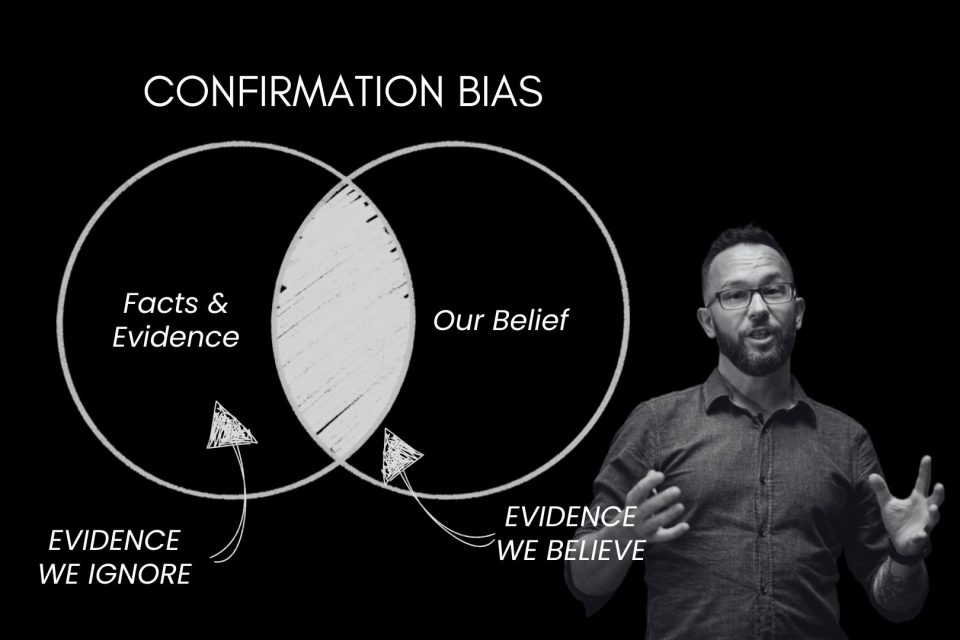
Norepinephrine’s Role in Leadership: Commitment or Stubbornness?
Have you ever found yourself doubling down on a decision that didn’t feel quite right, yet you couldn’t walk away because of all the time, money, and effort you’d already poured into it? Maybe it was a project that kept dragging on despite mounting evidence it wouldn’t succeed. […]








